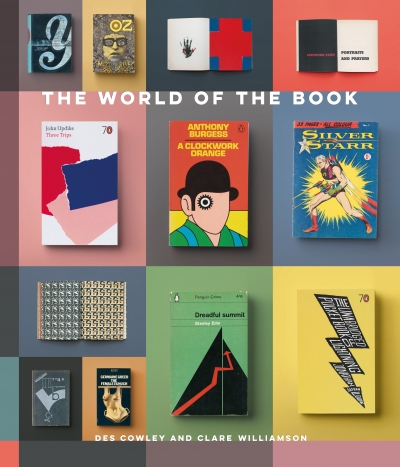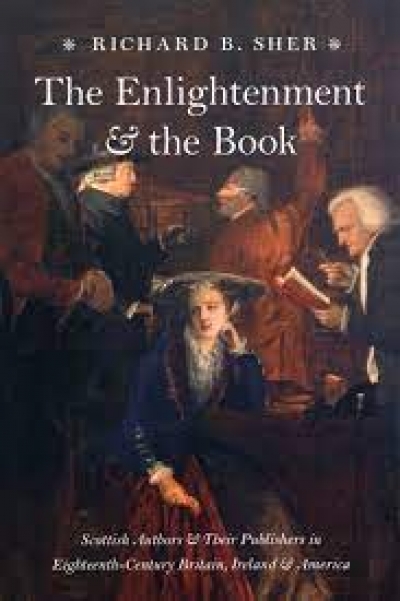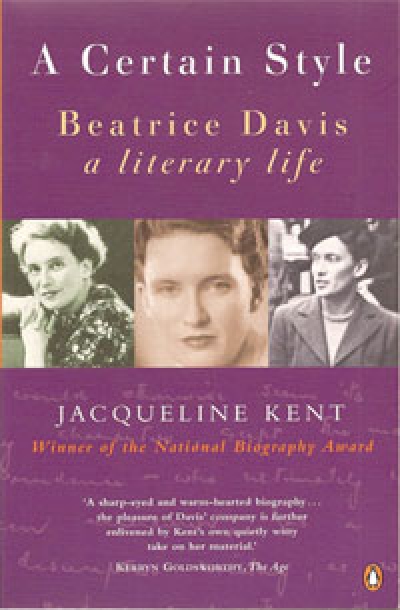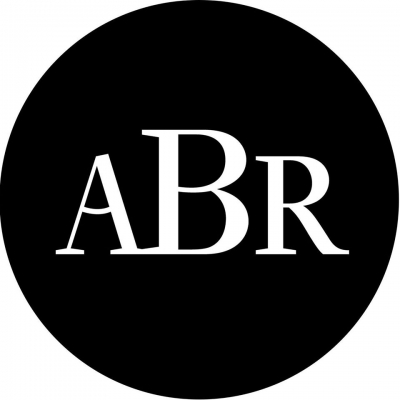Publishing
'Alpha and Omega' Nathan Hollier on the establishment of Monash University Publishing
On 8 September 2010, in the foyer of the Robert Blackwood Hall at Monash University, beneath the beautiful ‘Alpha and Omega’ stained-glass window created by Leonard French and connoting humankind’s endless striving for achievement, Monash University ePress became Monash University Publishing. It was very appropriate that the press should be launched by B ...
The World of the Book by Des Cowley and Clare Williamson
The Enlightenment and the Book: Scottish authors and their publishers in eighteenth-century Britain, Ireland and America by Richard B. Sher
'The Oily Ratbag and the Recycled Waratah: Early Years of ABR' by Kerryn Goldsworthy
This is issue no. 250, and the twenty-fifth consecutive year, of Australian Book Review. Issue No. 1 appeared in 1978, edited by John McLaren and published by the National Book Council. Since then the journal has survived and thrived, through changes of editor (though not very often) and of editorial policy (though not very much); through changes of appearance, ownership, sponsorship and affiliation.
... (read more)A Certain Style: Beatrice Davis: A Literary Life by Jacqueline Kent
Geoff Dutton was a man-of-letters who for many years made (with Max Harris) Adelaide seem one of the lively centres of Australian literary culture. One thinks of him in association with the magazines Angry Penguins, Australian Letters, and the original Australian Book Review, not to mention the inauguration of an Australian publication list for Penguin Books, and then, when that soured, the setting up of Sun Books, one of the most innovative of Australian publishing ventures at that time – which was in the difficult slough period of the 1950s and 1960s and into the 1970s.
... (read more)Publishers are like invisible ink. Their imprint is in the mysterious appearance of books on shelves. This explains their obsession with crime novels.
To some authors they appear as good fairies, to others the Brothers Grimm. Publishers can be blamed for pages that fall out (Look ma, a self-exploding paperback!), for a book’s non-appearance at a country town called Ulmere. For appearing too early or too late for review. For a book being reviewed badly, and thus its non-appearance – in shops, newspapers and prized shortlistings.
As an author, it’s good therapy to blame someone and there’s nothing more cleansing than to blame a publisher. I know, because I’ve done it myself. A literary absolution feels good the whole day through.
... (read more)Rudyard Kipling could not understand why his cheque account was so much in credit. The answer was that the tradespeople in his village were selling his signature to autograph collectors for more than they would have received by presenting Kipling’s cheques to the bank.
... (read more)Bookseller Terri-ann White surveys the publishing scene in Perth and Fremantle, for several decades now torn by a battle for funds but recently showing encouraging signs of optimistic development.
Since 1975 and the establishment of the Fremantle Arts Centre Press, the writing community of Perth has benefited enormously from the focus and support it has offered. Whether individual writers have been published by it or not, in the most isolated city in the world the possibilities have been opened up. The Press has clearly been responsible, as a developmental publisher, for encouraging and promoting creative writing, biography, and regional history writing in WA, and for opening up resources and opportunities for writers to work closely with good editors, good advice, and plenty of time to learn and hone work into a publishable form.
... (read more)



